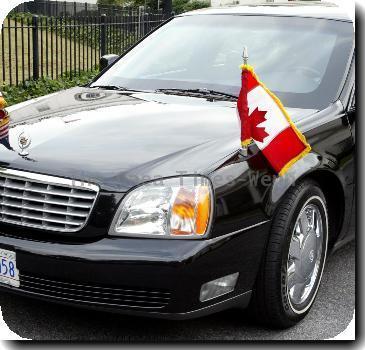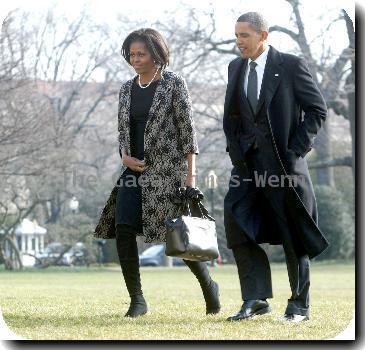A photographer provides at up close look at military life during the Marjah offensive
By David Guttenfelder, APFriday, March 19, 2010
An up close look at the military life in Marjah
EDITOR’S NOTE — Associated Press photographer David Guttenfelder was embedded with U.S. forces during the offensive in Marjah, Afghanistan. Here is his account of some of the photos he made of the soldiers’ daily lives.
MARJAH, Afghanistan (AP) — For months, the U.S. military had been openly saying it was getting ready to crush the Taliban in its last stronghold in Afghanistan’s Helmand province — the world’s opium bazaar.
So in early February, just weeks after President Barack Obama announced 30,000 new boots on the ground for Afghanistan, the Pentagon launched the largest military offensive in the country since the 2001 invasion.
Thousands of U.S. Marines, Army soldiers and Afghan army troops poured into this southern town for an offensive that would test the new American counter-insurgency doctrine and the U.S.-Afghan military partnership.
The Marines sent to Marjah were often younger and less experienced than the other men I’ve watched during my nearly nine years working in Afghanistan; many were still in grade school when al-Qaida attacked the United States on Sept. 11, 2001.
Many of the Americans were on their first deployment. Fresh out of high school and leaving their home country for the first time, they found themselves battling through Marjah canal by canal, taking cover from Taliban snipers in poppy fields and spooning together for shared body warmth in frigid fighting holes, barnyards or in a desert so desolate and rock-strewn that it might as well have been Mars.
After three weeks of fighting, Marjah is now largely under Afghan government control and the military operation has been judged a success. The Afghan government must now keep the Taliban at bay and win the support of the people.
Afghan authorities have been in Marjah before, and their corruption turned the locals toward the Taliban for protection.
These photographs, shot with an iPhone I carried in my flak jacket pocket, are not about the fight for Marjah. Instead, they are an attempt, during my downtime, to show something of the daily lives of Marines and Afghan soldiers as they moved through the city and set down their packs each evening in a harsh, isolated place.
I used an everyday phone camera trying to reproduce the gritty keepsake photos the Marines would take themselves.



